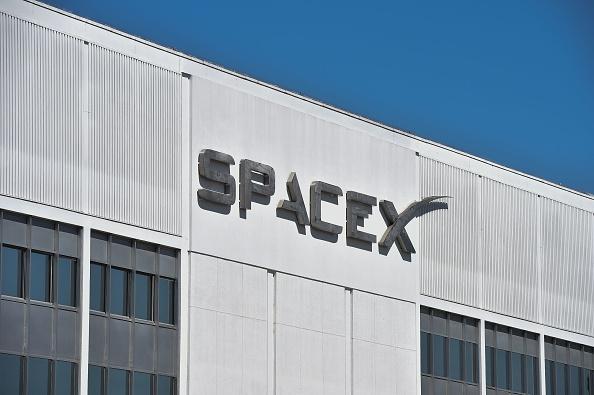FCC denies SpaceX access to extra spectrum
March 28, 2024
By Chris Forrester

SpaceX has been asking the FCC for permission to share spectrum already allocated to Globalstar and Dish Network AWS-4 spectrum. The FCC has dismissed SpaceX’s application.
The SpaceX application had included deployment of 7,500 Starlink ‘second-generation’ satellites with equipment operating in the 1610-1617.775 MHz (Earth to space), 2483.5-1500 MHz (space to Earth, and in the 1.6-2.4 GHz bands) and 2000-2020 MHz (Earth to space) and 2180-2200 MHz (space to Earth and in the 2 GHz bands) and the 2020-2025 (Earth to space bands).
The FCC said the requests “do not substantially comply… and are not available for MSS applications.”
However, the FCC has invited comments from interested parties and set April 25th for comments to be made and May 10th as the date when responses are due.
Comments from observers suggest that the application by SpaceX was something of a “long shot” by the satellite operator.
Meanwhile, SpaceX is pursuing its separate application to the FCC to expand its coverage of ‘second-generation’ satellites to occupy orbits being used by ‘first-generation’ craft. “SpaceX met with FCC Space Bureau staff on March 21, 2024, to urge swift action on SpaceX’s pending modification,” says SpaceX.
As SpaceX explained in its modification application, SpaceX seeks to deploy upgraded satellite hardware to further populate its first-generation (Gen1) constellation and over time replace earlier satellite versions as they reach the end of their planned operational period. While this upgraded satellite hardware will enable higher-quality service for consumers on the ground, it will not cause any increase in interference to other spectrum users. Further, the modification does not involve any changes to orbits, altitudes, or inclinations of SpaceX’s Gen1 system, said the SpaceX letter to the FCC.
